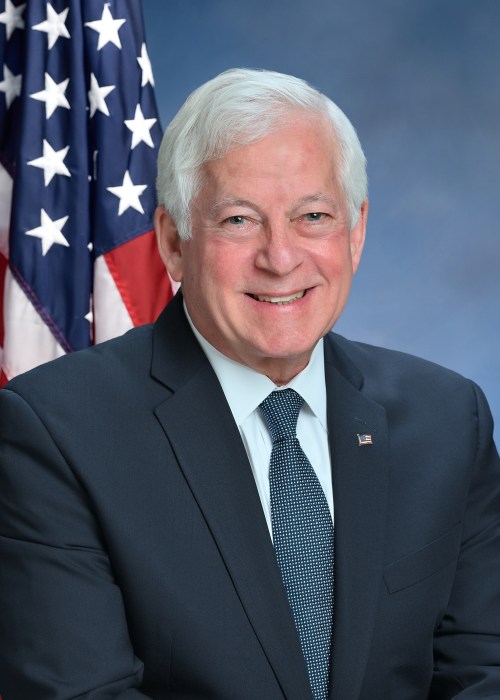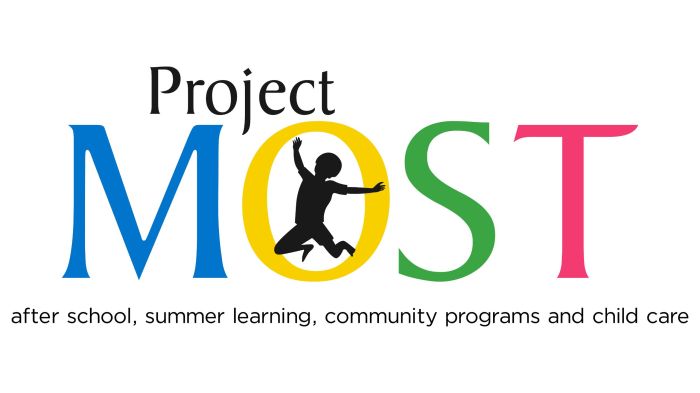Peers play a significant role in the social development of adolescents. As children reach adolescence, the amount of time spent with parents decreases while time spent with peers increases. While a rise in conflict during this phase combined with the increasing importance of peers can feel like a rejection to parents, the adolescent-parent attachment remains incredibly important. Parents continue to play a significant role in influencing their adolescent’s development.
Research
Studies on brain development show that teenagers are more vulnerable to peer pressure. Adolescent brains gain more pleasure from being accepted by others than adult brains do. Research shows that peer pressure impacts the brain signals connected to risk and rewards. The reward system in the brain is stimulated when adolescents are with their peers. This explains why teenagers are more likely to participate in dangerous behavior when they are around their peers.
The part of the brain that is responsible for processing rewards is also the part that is involved in processing social information. This is why peers have a strong effect on the decisions teenagers make. Typically, teenagers are capable of making positive decisions when they are on their own and have time to process. However, when in a position where decisions have to be made quickly or within the context of a social situation, they are often impacted by their draw to immediate rewards and by external factors such as the presence of peers. Because of this, teenagers take more risks when friends are watching than when they are alone. It is more difficult for teens to control impulsive behavior with friends around.
What Parents Can Do
Research shows that a parenting style that is warm, encourages open communication, and has strict boundaries is linked to children who are more likely to be independent thinkers. Parents who adhere to the “because I said so” style of parenting risk having their children become susceptible to giving into the pressure of peers, for they may lack the confidence and skills to stand up to others.
Encourage open communication and let your children know that they can talk to you if they are feeling pressure. Role-play potential situations with your children and offer them prepared responses to avoid or get out of situations that feel unsafe. Let your children know that you will always come to get them if they feel unsafe. Get to know their friends.
Conclusion
Teenagers continue to need close supervision and parental support. Even a child who appears to be mature and has demonstrated good judgment when alone or with adults may not exhibit these same skills and behaviors when with peers. Learning to manage peer pressure is an important developmental step towards independence and teaching children to be assertive can help support this. If your child has ongoing challenges with peer pressure, consider speaking to a school counselor, family doctor, or a mental health professional.

Graziella Simonetti is a parent educator for EAC Network’s Long Island Parenting Institute and works as an early childhood social worker for the New York City Department of Education. She holds an advanced certificate in parent education from Adelphi University and is a NYSPEP credentialed parenting educator. Simonetti is a former kindergarten teacher.
https://liweekly.wpengine.com/schedules-routines-critical-development/

































